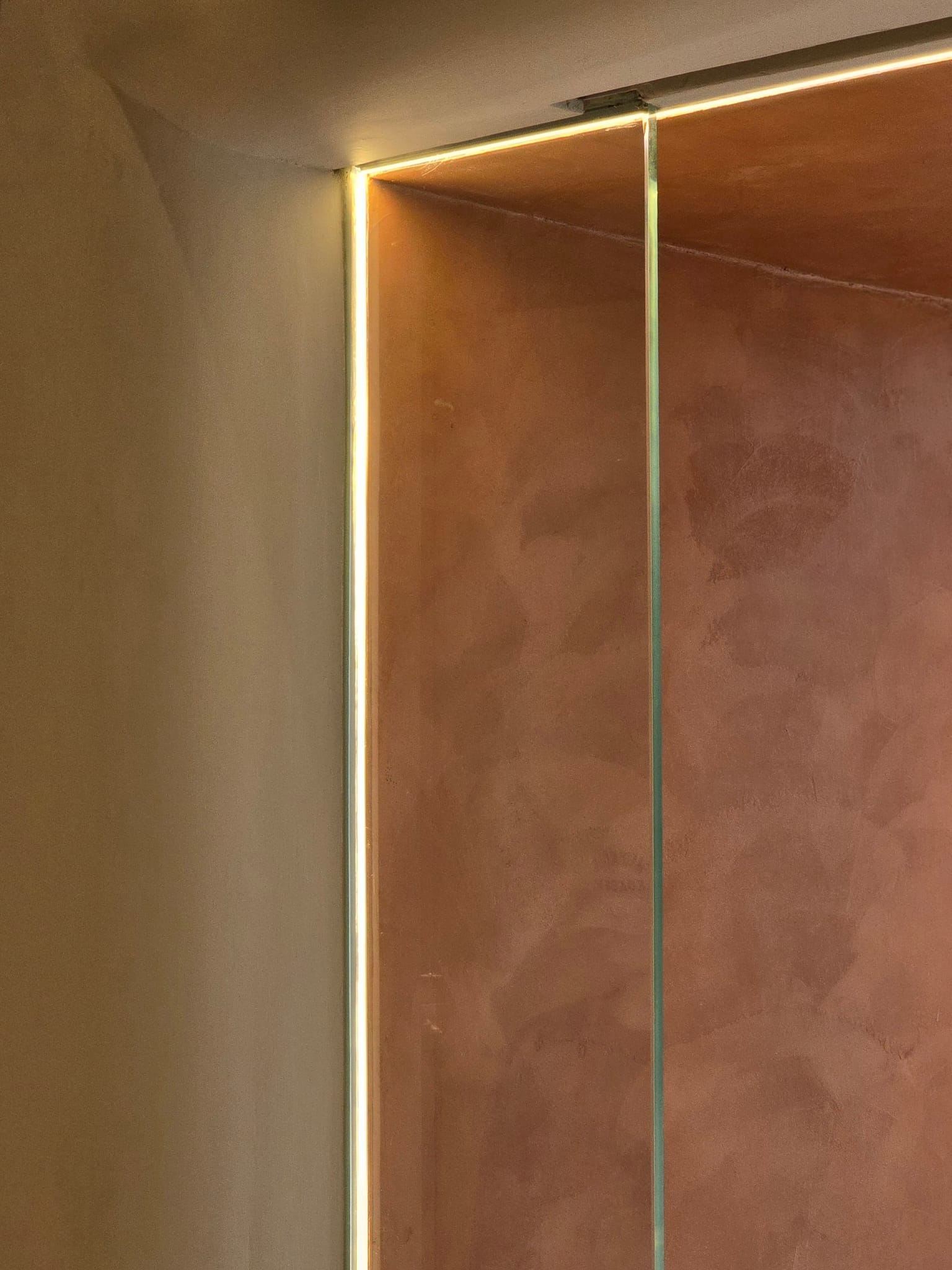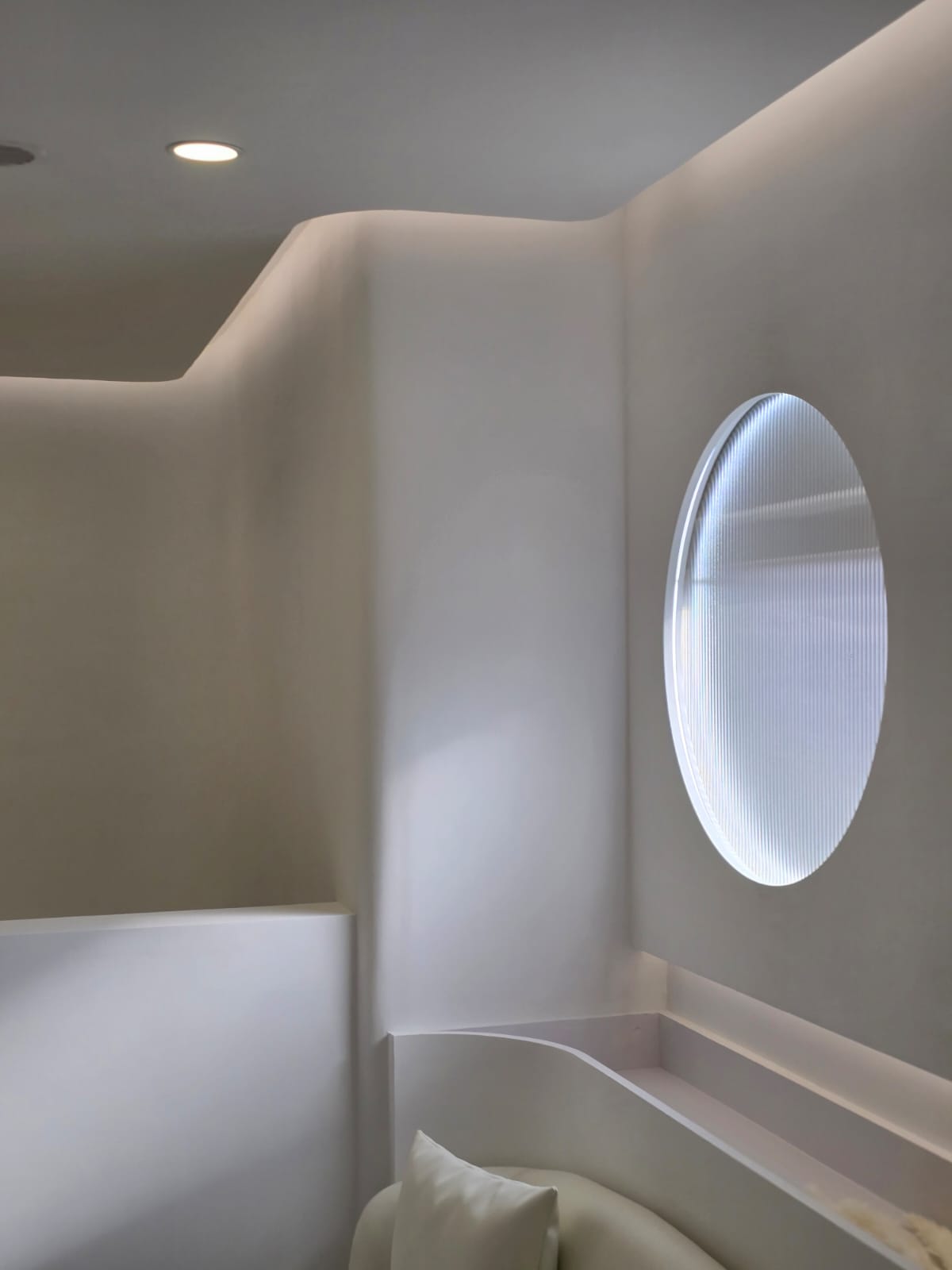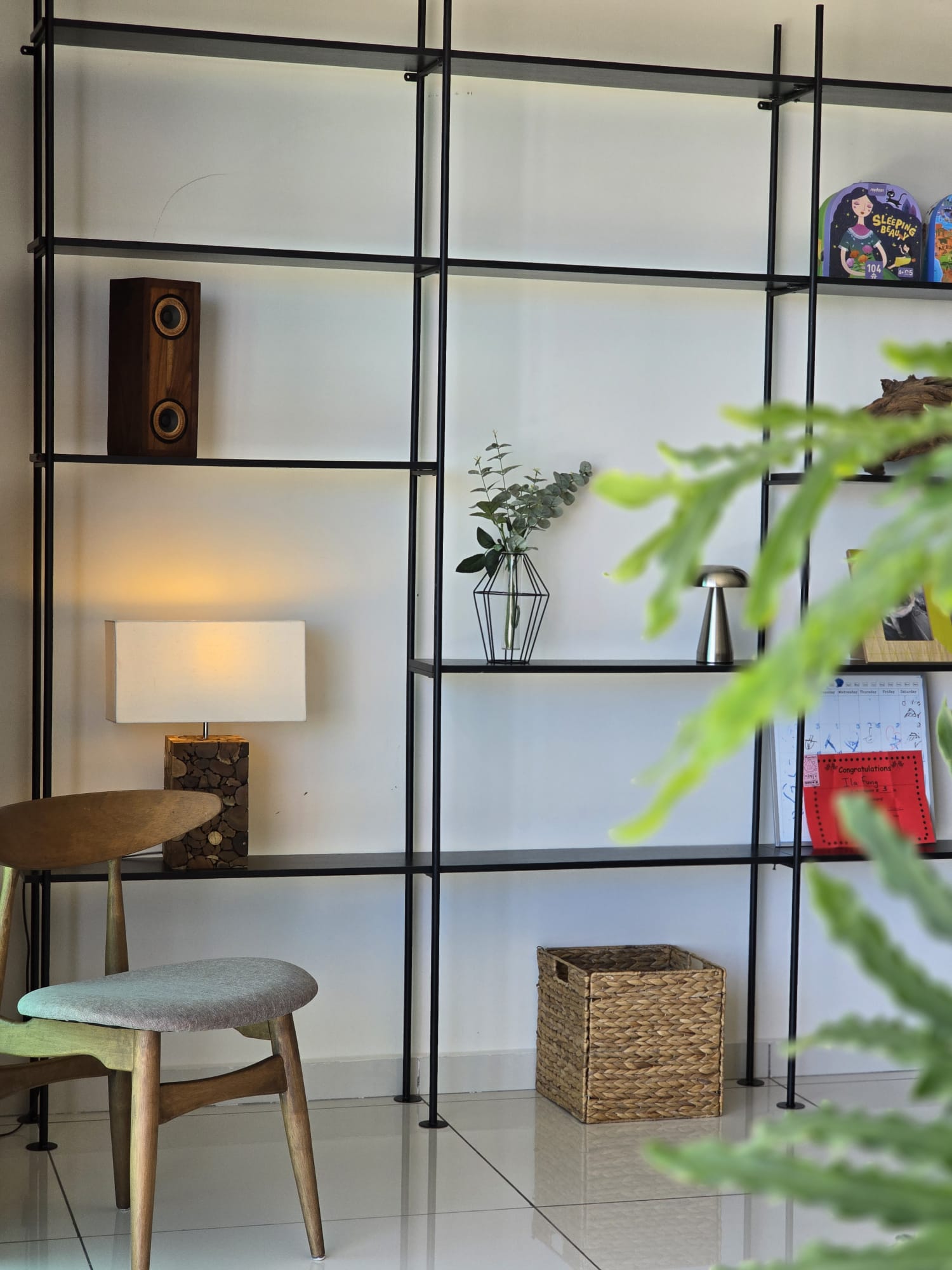
What is ESG? What advantages does an environmentally certified interior design have for a corporate brand? 】
Share
The concept of ESG (Environmental, Social, Governance) originated from corporate social responsibility (CSR) in the early 21st century. As climate change intensifies, social inequality widens, and corporate governance scandals become more frequent, the international community has begun to realize that "sustainable development" (called sustainable development in Taiwan) needs to shift from a single environmental protection initiative to systemic reform. In 2015, the United Nations adopted the 2030 Sustainable Development Goals (SDGs) and the Paris Agreement, marking that ESG has officially become the core framework of multinational companies, investment institutions and government policies, and is also one of the core values of brand companies.

ESG's three core values and pillars
A brand cannot achieve sustainable development by relying solely on slogans. The direction is to optimize the three core values and pillars of ESG, so that the investment value of the company will increase due to its long-term profitability and sustainability.
Environmental:
Focus on carbon emission management, energy efficiency, waste reduction and biodiversity conservation.
Social:
Covering labor rights, supply chain human rights, community engagement and customer privacy protection.
Governance:
Emphasize board diversity, anti-corruption mechanisms and transparent information disclosure.
The transformation of environmental protection concept from moral appeal to economic benefit
In the early days, ESG was seen as a "moral plus point" for companies, but recent studies have shown that companies with excellent ESG performance tend to have stronger risk resilience and long-term profitability, and the percentage of consumers willing to pay a premium for sustainable brands has also increased from 67% in 2020 to 80%.
The strategic importance of ESG to corporate brands
Reshape brand value proposition
In the digital age of information transparency, younger generations (Generation Z and Millennials) regard ESG as a core criterion for choosing brands. If companies can incorporate sustainable concepts into their products and services, such as using recycled materials or promoting low-carbon operations, they can directly enhance customer loyalty and market differentiation. IKEA (Hong Kong and Macau), a major global furniture brand, has also pledged to use all renewable electricity by 2030 and will invest relevant funds to strengthen its "responsible consumption" image.
Attract ESG-oriented investment and cooperation
The size of global ESG assets exceeded US$35 trillion in 2022 (GSIA data), and institutional investors such as sovereign funds and pension funds will include ESG ratings in their due diligence. If a company obtains authoritative certification (such as LEED and WELL), it can not only reduce financing costs, but also make it easier for it to obtain green supply chain cooperation opportunities. For example: Apple requires its suppliers to achieve 100% use of renewable energy by 2030, which will drive the upgrading of the industrial chain and at the same time drive large brands to make changes for ESG.
Regulatory Compliance and Risk Avoidance
Policies such as the European Union's Sustainable Financial Disclosure Regulation (SFDR) and the U.S. Securities and Exchange Commission's (SEC) climate disclosure draft force companies to strengthen ESG information disclosure. Planning ahead for sustainable transformation can avoid future regulatory costs and reduce the risk of operational disruptions caused by extreme weather and labor disputes.
Employee Cohesion and Talent Competitiveness
I believe that every worker wants to have a good working environment. A PwC survey shows that 86% of employees prefer to join companies that value ESG. Optimizing the office environment (such as WELL healthy building certification) and promoting a diverse and inclusive culture have become key strategies for companies to compete for top talent. Optimizing ESG can also retain talent.
ESG-focused interior design
Enterprise positioning and service scope
Design House HK is the first interior design company in Hong Kong to integrate "ESG Certified Consultant" and "Space Design", providing sustainable optimization solutions for commercial spaces (retail stores, offices), aiming to help clients achieve the triple benefits of brand image upgrade, operating cost savings and regulatory compliance.
Professional team and certification resources
Design House HK’s sustainable interior design services are followed up by relevant professionals. Professionals holding BEAM Pro, WELL AP, LEED AP qualifications will work together with interior designers and renovation engineering teams to ensure that the relevant locations can obtain the target level of environmental certification (such as BEAM Plus BI, WELL Certification and LEED ID+C) after renovation.
Experts were brought in from the early stages of the interior design project to ensure that energy efficiency was up to standard and that all environmental certification requirements were met. One-stop services were provided, including pre-assessment, gap analysis, document preparation and review support, to ensure that clients achieved target certifications such as BEAM Plus BI, LEED and WELL. At the same time, with the assistance of experts, the application process was shortened by an average of 40%.
Design House HK uses the innovative "design + certification" model to prove that aesthetics and environmental protection can coexist and become the core weapon for brand differentiation. Whether pursuing certification marks, reducing operating costs and risks, or shaping a responsible consumer image, space design is the key starting point for companies to practice ESG. Even for non-brand companies, making good use of renewable energy or adding environmentally friendly elements can reduce operating costs and attract talents. If you have any inquiries about interior design services for commercial locations, please feel free to contact us .






